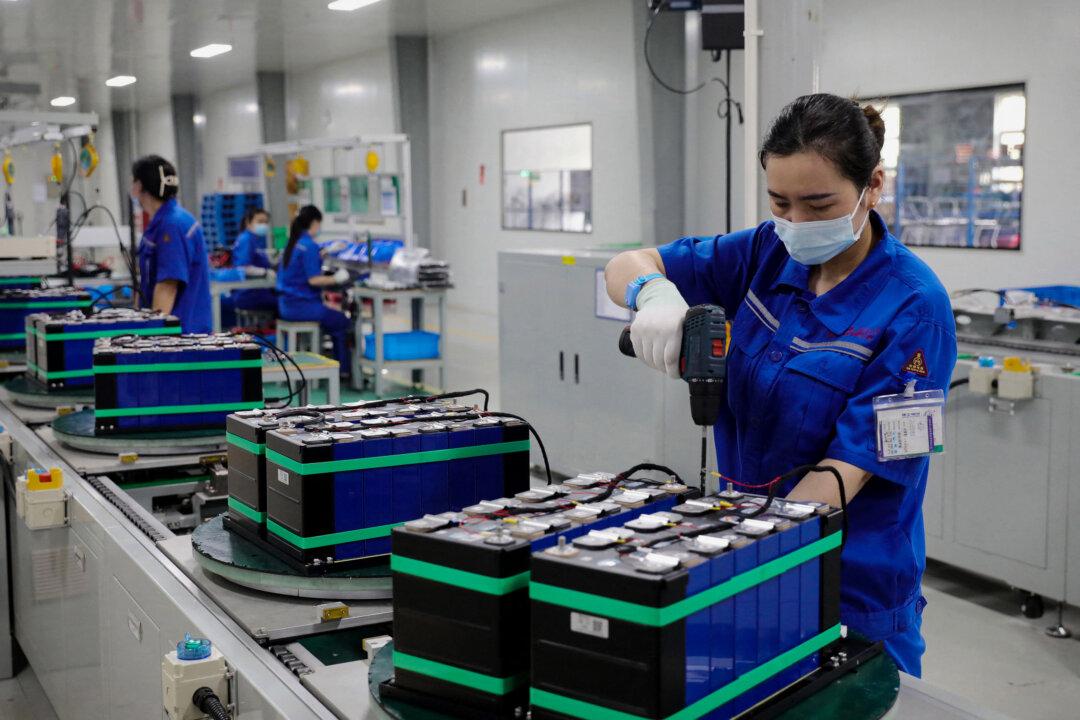An Australian lithium technology company has proposed banning the export of used batteries to support the local recycling industry.
Speaking at a parliamentary inquiry hearing on Aug. 8, Lithium Australia CEO Simon Linge stressed the industry’s critical role in the transition to electric vehicles (EVs) as more people adopted the technology.





